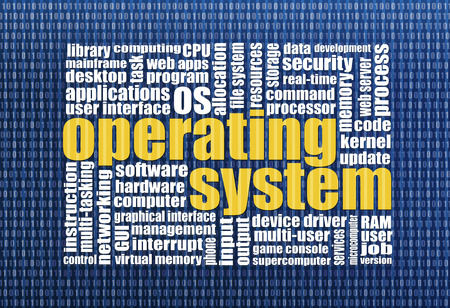
Writers and editors ask lots of questions about computers and software but sometimes confuse basic terminology.
If you have an issue with a computer or software, it helps if you can frame your questions accurately and provide enough information so that others can help. So let’s do a quick review of some basics.
Hardware: All computers share similar hardware, starting with a motherboard that hosts the processor, memory, video interface, and to which the various ports and drives are connected. Most hardware questions relate to memory and drive capacity, so let’s focus on those. Unless you’re into editing movies or heavy-duty graphics, you don’t need to worry about processor type and speed, or video specifications.
Memory refers to RAM chips that the computer constantly refreshes with data. Memory is volatile — if the computer is turned off, data in RAM disappears. Most new machines come with at least 4 GB of memory. More memory is good because RAM is much faster than hard drives. The more RAM a machine has, the less likely it will be slowed by having to swap data in and out from a drive.
Hard drives, or disks, store data in a more permanent fashion. They are mechanical devices with close tolerances spinning at 5,400 to 7,200 rpm, or even faster, and are referred to as being a certain size, or capacity, not “memory.”
Unless you’re into video or do lots of digital photography, a 500 GB or 1 TB hard drive should suffice for writing and editing tasks.
Hard drives will fail; that’s why you should always regularly back up your hard drive, either to a second internal hard drive or an external one. Solid-state drives that use non-volatile memory chips in place of magnetic platters are becoming more common and affordable.
Software: All computers have an operating system, or OS. The OS is the interface between the hardware and application software like your word processor. Windows and Mac are most common. A key to good OS health is to keep your OS up to date — it’s easiest to turn on automatic updates. Operating systems eventually “expire,” meaning they are no longer updated with the latest fixes, so while getting folks to upgrade to a new OS often seems like pulling teeth, it’s best in the long run.
Next we have programs, or applications, or apps — Word, Excel, InDesign, Acrobat, etc. There are thousands of apps available for every OS, and most computers come with dozens, if not hundreds installed. Apps are constantly being updated, and again, staying current is a best practice to ensure you have the latest features and bug fixes.
So when you ask a question, you need to state the OS and version number, and the software and version number. For example, “I’m having trouble formatting footnotes on my Mac OS Sierra 10.12.3 machine using Word 2011 version 14.7.1.” That may seem like a bunch of gobbledygook, but it’ll quickly get you an accurate response.
~~~
Previous post from Paul Cipywnyk: Where the Ink Meets the Road — Insights From Working In a Bookstore.
The Editors’ Weekly is the official blog of Editors Canada. Contact us.
Discover more from L'HEBDOMADAIRE DES RÉVISEURS
Subscribe to get the latest posts sent to your email.
